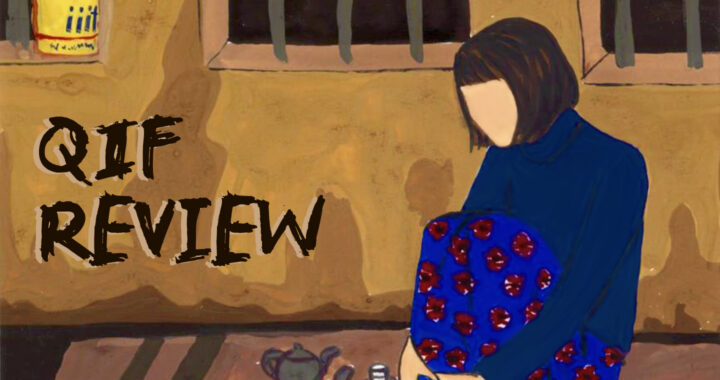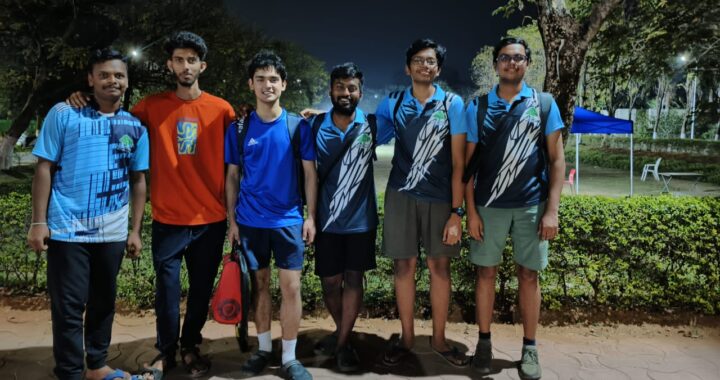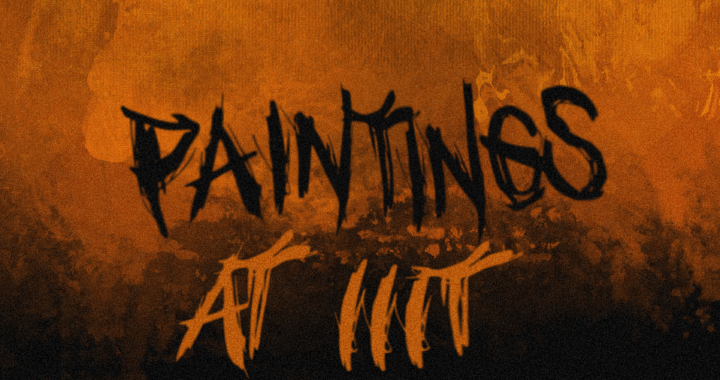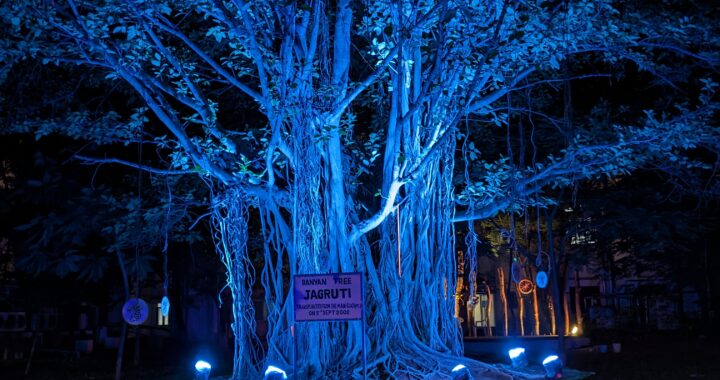A Possible Change in Approach Towards Fake News

Did you know that lighting a candle every day outside your balcony increases the atmospheric temperature by approximately 2 degrees and thus is one of the major contributors to global warming? Just how many times have you read a random “scientifically” proven message like this on your family WhatsApp group? Though this occurs in a somewhat mild fashion every day, it picks up pace during any major event that captures people’s imagination.
Depending on the event, fake news can have varying amounts of power to adversely affect humans. Usually, a post by a shady Facebook group claiming for the 7th time in just as many years that Cristiano Ronaldo is returning to Manchester United doesn’t affect much of us in any significant way (unless you’re a United fan) but misinformation regarding COVID-19 can be dangerous and possibly fatal.
With great powers come great rumours
As they say, the Twitterati never sleeps, neither does it forget. If you were to log on to twitter at any instant of the day of the year you will see at least a couple of trending hashtags related to either a celebrity, a politician, or an influential leader.
They are the first ones about whom theories and news are spread, especially when there is no major event happening in the world. News related to known celebrities frequents our feed at least once every couple of days. Though Hollywood or sports stars are often the subjects of these fake news, the more impactful versions often centre around politicians. In India itself hardly a day goes by without a politician either attacking the opposing party or making such bizarre claims that send the whole social media into a frenzy.
There have been numerous reports by news agencies reporting that a particular politician spread out the wrong news deliberately, or about two celebrities who were just pretending to be a couple for their fans to gawk over them and tweet about how horrified/amazed they are. There are dedicated websites meant for the purpose to fact check Donald Trump’s speech, as it is ever so often noted that he distorts facts to fit his agenda ever so often. This, of course, casts doubts into our mind that there might be people who are spreading fake news or using their influence incorrectly all the while knowing that it might adversely affect people in one way or the other.
If NASA has said it, it must be true
Though fake news has layers of complexity hidden underneath a simple act of misinformation, the easiest part of it is to understand how it functions. It is like a parasite that thrives on people. The more the number of people that believe in it, the more dangerous or influential it becomes.
Another case in point is that of family WhatsApp groups. These inadvertently spread misinformation which can actually harm people or create an illusion in people’s mind of either pride, anger, safety or the like. The emotions which are elevated due to these often cause people to forward it to as many people as possible and thus creates a chain. Fake news thrives on people being gullible and ignorant about how reputed organisations work. Just how many times have we seen a forwarded message/post seemingly quoting NASA or UNESCO about the apparent achievement of India regarding either the Diwali lightings or the National anthem?
People do not know how these organisations work, but they do know about the reputation they command, and hence they start believing in the hoax, becoming the host of the fake news and spreading it to other people thereafter.
The last reason, which is perhaps the saddest and most relevant to the current scenario of why people believe in fake news, is due to the sheer lack of hope around them. Something as unprecedented as COVID-19 has caused thousands of people to die, more than a hundred times that have lost their jobs, and most are just waiting for any hope for this suffering to end. For them, fake news is a respite in a way where they see what they want to see and hear what they want to hear.
Enter COVID-19
The bigger the event, the worse will be the effects of fake news. Usually, fake news related to celebrities is limited to their fan following. Although no harm is caused when a celebrity claims that earth is flat, it can take a turn for the worse if it is fake news regarding something like COVID-19.
And when it comes to politicians, it can affect almost a whole country, sometimes even more. This can lead to people being elected for the wrong reasons as well, as the news spreads so rapidly that people do not doubt it. When we compare the COVID-19 case with respect to these two, we realise why the threat fake news possess is so much more in this case. Not only is this relevant to major organizations and companies, but the entire world.Each decision of theirs based on wrong information can affect thousands of people negatively. Not to mention that since this event revolves around human health, both physical and mental, any wrong step taken might lead to depression, illness or death.
Most organisations, governments, and people in power realise the threat fake news possess in such a scenario. Thus they have repeatedly requested people to ignore random social media posts claiming that a certain chemical or ayurvedic compound is a cure.
Fake news can have adverse effects ranging from weakness in the immune system (due to adverse reactions with the chemicals) to a false sense of security because of the trust placed in them. In a recent incident, a man died after ingesting a product meant to clean fish tanks, as it contains chloroquine, a drug currently being tested as a treatment for COVID-19 that was prematurely hailed as a miracle cure.
We also know how lightly some countries took the threat of the virus calling it “just a flu”, a notable example being the USA, which is now leading in the number of cases and deaths.
In India, there has been a long going trend that for every ailment, there is an ayurvedic medicine. COVID-19 has seen this trend peak, where politicians are talking about how ‘gomutra’ is the cure;some Facebook posts are claiming that eating chicken is a cause too!. Further, WhatsApp forwards also advocate consuming untested substances as the cure, which may or may not have adverse immediate effects on a person’s health.
The events which included banging of thaalis and lighting of diyas involved a lot of fake WhatsApp messages being forwarded claiming that these events are going to ‘kill’ the virus, which caused them to have a misplaced sense of security. This resulted in people going out to the streets to celebrate with dhol and nagara, promoting the spread of the virus.
Can we stop it?
A lot of strict measures are being taken by organizations at every level to curb fake news. In India, the government is trying to reiterate that one should trust only news sources such as WHO, UN, the government, or credible newspapers. Additionally, there has been a campaign by the government and news agencies called “Print is Proof”, letting everyone know that whatever comes on the newspaper is verified and true.
Due to the fear of parents or grandparents falling for such fake news about medicines, children are becoming more active illustrating the effects such medicines can have. Millennials, in general, are becoming more careful with their health, with some consulting doctors before they ingest any such medicine and hence get to know about the dubious credibility of such sources.
People are starting to realize and understand that a random yogi or ayurvedic practitioner is not as knowledgeable as a Doctor. They can see the doctors working in terrible conditions, the government and organizations celebrating and respecting their efforts and mass events being held in respect for them. Since the pandemic, the news agencies have been adept at calling out such fake news and reiterating the simple point to only trust credible sources of information, not social-media posts or group forwards.
The organizations themselves are becoming more and more vocal, with our prime minister giving speeches a lot more frequently, and confirming in each speech that there is no cure available yet and to not have random medicines without consulting a doctor. WHO is also releasing updates regularly, with their website hosting an array of easy to access links regarding advice for regular people, health and sanitation workers apart from how the situation is at that moment of time.
Such frequent updates and statements help people realize that the source of information of these organizations is going to be through credible mediums and not via WhatsApp forwards specific to only a limited number of people.
Conclusion
In essence, due to situations like these where each and every wrong step can turn out to be harmful, or even fatal, people want to take as much precaution as ever. This has led to people questioning the random Yogi, Ayurvedi, and fortune teller and realizing which sources can actually be trusted when it comes to this.
Though this pandemic, on an optimistic note, can help reduce how people end up believing any and everything which is out on social media; what this will not help is the people’s dire need of hope. In such a scenario where a lot of people are without jobs or stuck in houses with hardly any supplies, people want to go out. They want their world back and any or every hope they get via fake or real news is going to tempt them to check it out, in the one in a million chance that it works. Since we all know that there is nothing that can be done for now about COVID-19, we must put our faith on the relevant organisations, governments and healthcare professionals, sit back and stop spreading fake remedies and news about such an event which might lead to needless pain and suffering.

 We Are So Cooked
We Are So Cooked  A CCC Response to ‘Campus Canine Affairs’
A CCC Response to ‘Campus Canine Affairs’  Campus Canine Affairs
Campus Canine Affairs  QIF Review: A peek into IIIT’s Quarantine Facilities
QIF Review: A peek into IIIT’s Quarantine Facilities  The First Inter-House Contest of the Year – Valorant
The First Inter-House Contest of the Year – Valorant  Sheets to Lull To
Sheets to Lull To  A perspective on sports in IIIT
A perspective on sports in IIIT  Paintings of IIIT
Paintings of IIIT  The Tale of Jagruti
The Tale of Jagruti  Cleaning up the Mess?
Cleaning up the Mess?
1 thought on “A Possible Change in Approach Towards Fake News”
Comments are closed.